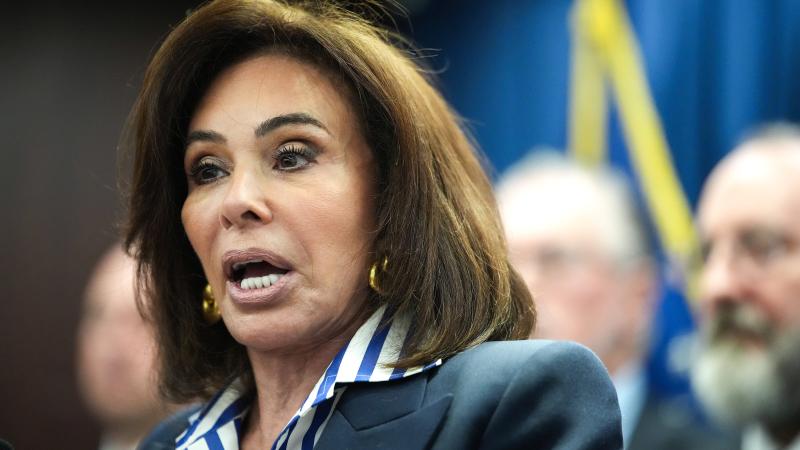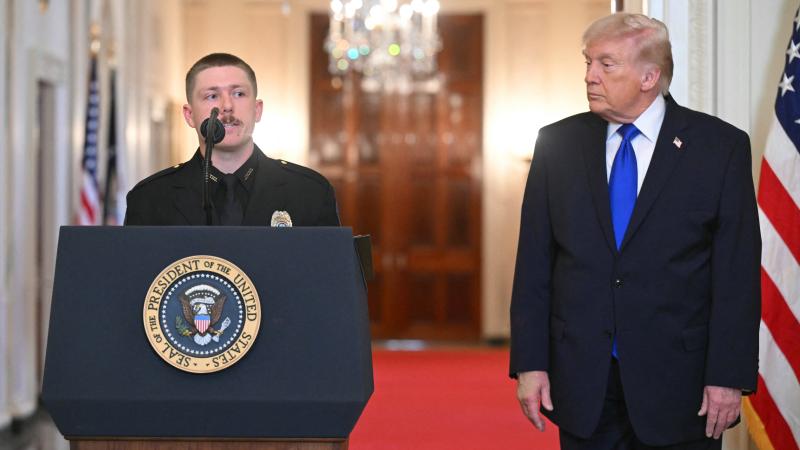Declassified transcripts: CrowdStrike couldn't say for sure Russians stole DNC emails
CrowdStrike's Shawn Henry was interviewed by House Intelligence Committee members in December 2017
Declassified documents released by House Intelligence Committee Chairman Adam Schiff show the president of CrowdStrike Services — a computer-and-network-security firm hired to investigate the hacking of Democratic National Committee servers — couldn't say for certain that Russians downloaded Democratic Party emails.
During the interview made public Thursday, Shawn Henry explained that CrowdStrike found some evidence that information was taken from DNC servers, but it was not conclusive.
Responding to a question from Rep. Joaquin Castro (D-Texas), he said, “There is evidence of exfiltration, not conclusive, but indicators of exfiltration off the DNC.”
Henry said that based on the evidence his firm reviewed, they believe “70 gigabytes of data” were exfiltrated from the DNC’s network. However, when asked by Rep. Mike Conaway (R-Texas) whether he could “unequivocally say it was or not was exfiltrated out of the DNC, from what you know of?”
Henry responded, “I can’t say based on that,” according to the 80-page transcript.
The closed-door interview is one of 57 that the committee conducted during its two-year Russia investigation.
There is widespread agreement in the intelligence community that Russia hacked the DNC servers, but questions have long persisted because FBI investigators did not seize the DNC servers and relied instead on CrowdStrike's analysis of what occurred during the hacking.
Henry is a former FBI agent who oversaw the bureau's cyber crimes efforts before he transitioned to the private sector to do cyber security work.
He was interviewed on Dec. 5, 2017, on Capitol Hill by five members of the House Permanent Select Committee on Intelligence — Reps. Castro, Conaway, Adam Schiff, Chris Stewart and Eric Swalwell, with lawyers for the related parties present.
Henry said he was initially contacted by a former Justice Department colleague named Michael Sussmann who became an attorney for the Washington, D.C. law firm Perkins Coie. He said Sussmann unexpectedly emailed him and subsequently told him in a series of communications that he was seeking some cybersecurity remediation for the Democratic National Committee, whose computers had been hacked.
Henry said he realized the magnitude of the account, considering the hack had occurred, perhaps by Russian actors, during the closely contested 2016 presidential race.
“This isn’t Joe’s Pizza,” he told committee members. He also said there were two hacks, the second having occurred after the first was addressed.














